Steven Spielberg‘s Shoah Foundation celebrated its 30th anniversary with a star-studded gala in New York last week.
In addition to the legendary director, who established the Shoah Foundation after making his 1994 Oscar winner Schindler’s List, Meryl Streep, Whoopi Goldberg, Bruce Springsteen, Drew Barrymore, Itzhak Perlman, Debra Messing, Wendell Pierce and Alex Edelman were among the nearly 700 guests at the Ambassadors for Humanity Gala in Midtown Manhattan.
Of the luminaries in attendance, Edelman, who served as emcee for the evening, joked, “If your rabbi isn’t in this room, they’re worthless.”
Taking place just the day after Yom Kippur, the event, Edelman quipped, was “the most expensive break fast in New York City.”
“What a great way to unwind after a day of fasting and repentance, huh, the Holocaust?! With opening act, the Armenian genocide,” he continued, joking.
Turning serious, Edelman said he was there both as a grandchild of survivors, calling the Shoah Foundation’s work “profoundly important to me,” and because Spielberg asked.
And he earned Spielberg’s gratitude for “bringing [his] mother home” as he shared a touching story about how he met the legendary director’s mother, Leah Adler, at her kosher restaurant The Milky Way, when he was a teenager working for the Dodgers in L.A.
Edelman visited the eatery, which he called “one of the only decent kosher restaurants in the world,” regularly, and expressed his appreciation for how Adler “just fed me.”
“I went in once, and I sat down, and she took a look at me, went into the back and brought out this, like, fish chowder,” he said. “And she put it in front of me, and I said, ‘Miss Adler, I didn’t order soup.’ And she went, ‘Today you need soup.'”
After two months, Adler asked Edelman if he wanted to see her “son’s corner of the restaurant,” taking him to a part of the building that was “festooned with pictures of Steven Spielberg.”
“I was just like, ‘Your son is obsessed with Steven Spielberg,'” he recalled, laughing. “And she goes, ‘My son is Steven Spielberg.'” With Edelman still skeptical, Adler offered proof.
“She reaches under the bar and pulls out the Oscar from Schindler’s List, and she puts it on the bar like it’s a full house of cards,” Edelman said.
The comedian connected with Adler again around 2015 or 2016 when he stopped by the restaurant with his friends.
He said, “I went over to her, and I’m like, ‘Miss Adler, you probably don’t remember me, but I used to come in all of the time as a teenager. You always fed me. You never charged me, and I really appreciated it.’ And she leaned over and said [something], to her nurse, her helper, and the nurse went, ‘She just said, ‘Dodgers.””
Edelman went on to say, “Of course, this foundation has lasted for three decades because the driving force behind it is from this tremendous legacy. … He’s a family man, and we’re so lucky that that family isn’t just his immediate family or the family in this room, and not just the Jewish people, but humanity at large.”
The foundation, based at the University of Southern California since 2006, aims to collect, preserve and share testimonies with survivors and witnesses of the Holocaust. It has also expanded its mission to document other genocidal crimes like the Armenian genocide as well as contemporary antisemitism, working to combat the latter.
The moving evening featured reflections on all of those hateful incidents, with Holocaust survivors and their descendants urging people to never forget and never again let such a tragedy occur. Numerous speakers expressed alarm about the rise in antisemitism in recent years, particularly amid Israel’s ongoing war with Hamas.
Spielberg echoed his remarks from when he received the USC Medallion last spring, saying, “In recent years, I fear once again, we must fight for the very right to be Jewish.”
“To do this, the survivors and the survivor community have taught us that the greatest antidote to hate is in the power of empathy,” he added.
The messages of survivors, Spielberg said, are even more crucial today, “as we mark the first anniversary of a horrific Oct. 7 massacre and the brutal torture and murder of the innocent hostages; more crucial to the stopping of political violence caused by lies, conspiracy theories and ignorance; and more crucial to stop the growing threat of antisemitism.”
Spielberg called for the hostages to be brought home and spoke about Palestinians who have died during the war.
“All human life is precious, including those 42,000 Palestinian men, women and children who were the victims in a war not of their choosing,” he said.
The foundation, which Spielberg called “the most life-affirming journey of my entire professional life,” will allow future generations, he said, to “recognize the dog whistles of white nationalism, antisemitism, Holocaust denial and anti-democratic movements.”
Spielberg presented the foundation’s first Leadership Award to longtime Board of Councilors and executive committee member Mickey Shapiro, with the honor now named after Shapiro, recognizing his commitment to preserving the memory of the Holocaust and to combating antisemitism through research and education.
Spielberg wasn’t the only one who connected the foundation’s work to the present day, with Streep opening the evening by speaking about the threat of fake news and the ability, through AI and other forms of technology, for images to be “manufactured.”
“We may be the last generation of people who could, with confidence, rely on photographic images to tell the difference between fact and fiction. The last generation that could point to filmed evidence as proof of anything,” she said. “When we think of those iconic images, the grueling photos of the liberation of the camps in 1945 or that photo of a little girl, a victim of napalm, running down the road in Vietnam or the black-and-white photos of lynching parties in the South or a girl kneeling over the body of her fellow student at Kent State. These powerful images can, in the very, very, very near future, be undetectably manufactured. And if so, very soon, people will assume that they always are. That assumption that after a date certain, all evidence is in question, all news is fake, that’s … the tremor I feel under my feet. We’re all living on fault lines and we can just hope and pray that the house civilization built is strong enough to hold us.”
The words of survivors, Streep said, “are more crucial than ever to bring us face to face with what hate can do and where it can lead us, to remind us of the consequences if we do nothing and keep alive the memory of what actually happened, not just to chronicle the unspeakable acts of the past but to inspire us with the vivid accounts of courage that they reveal to us. And that courage is something we’re all going to need in the very near future.”
Angela Sarafyan, Messing, Pierce and Matthew Modine also took the stage and spoke about the Armenian genocide, the Holocaust, racism during World War II and modern-day antisemitism, introducing testimony from survivors.
“The Holocaust shows the modern world what happens when hate goes unchecked,” Messing said. “How apathy can let tyrants carry out pure evil.”
Modine added, “Never forget is no doubt a powerful motto and yet also one easy to ignore. This last year has been one of the most difficult for the Jewish people since the Holocaust and in a climate where hatred of all kinds seems to be reinforced by our politics and turbocharged by the advent of social media, the darkness that engendered the Holocaust has bubbled … close to the surface.”
Later, Perlman performed the theme from Schindler’s List, and Springsteen, a surprise guest, performed “The Ghost of Tom Joad” and “Dancing in the Dark.”
The Ambassadors for Humanity Award, the presentation of which closed out the evening, went to Holocaust survivors, recognizing their strength, resilience and contributions to preserving history, with survivor Irene Weiss accepting the honor on behalf of the more than 50 survivors who attended the event and speaking about her experience at 13 years old.
The event also featured remarks from USC president Carol Folt, Shoah Foundation executive director Robert Williams and Board of Councilors chair Joel Citron. And the gala marked the launch of the foundation’s endowment campaign, which seeks to raise $300 million, of which $105 million in gifts and pledges has been secured, to provide funding for and expand the foundation’s research and educational programs; to protect, enhance and make freely available its digital archive; and bolster the foundation’s presence in Washington, D.C.

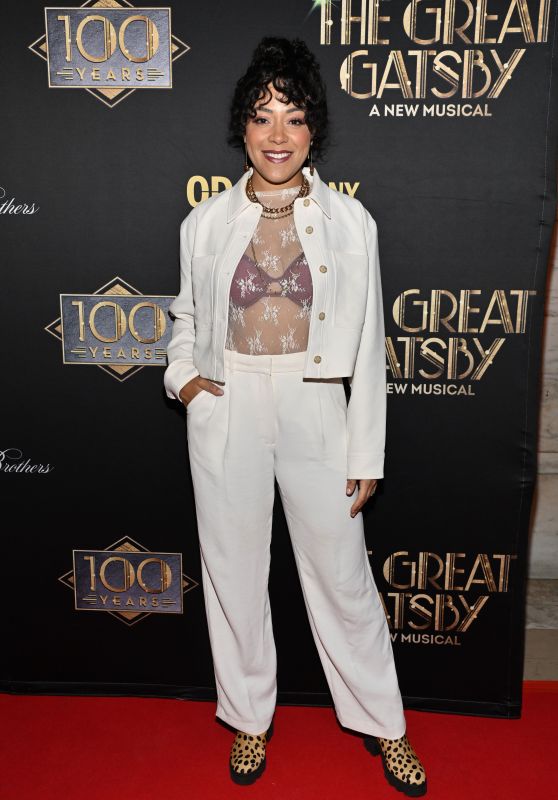
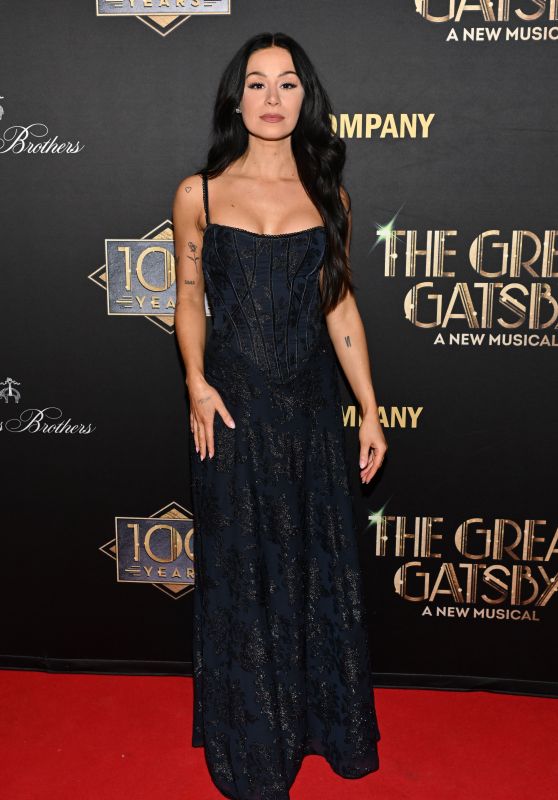
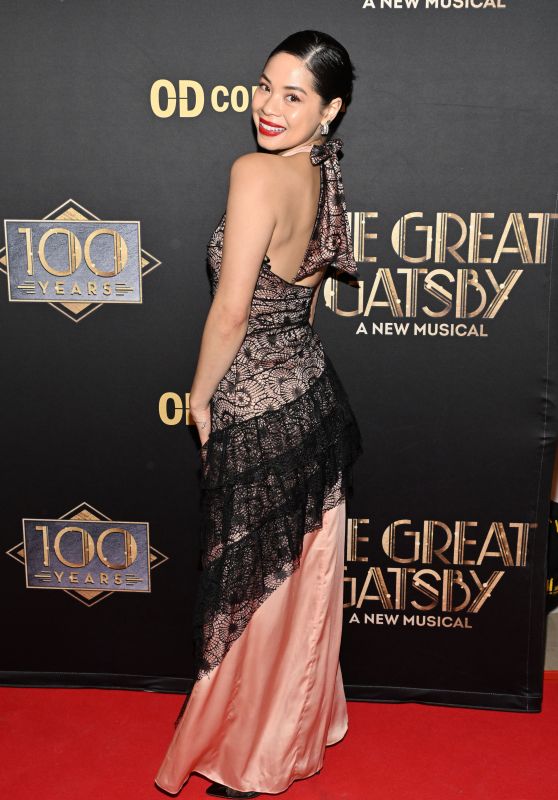
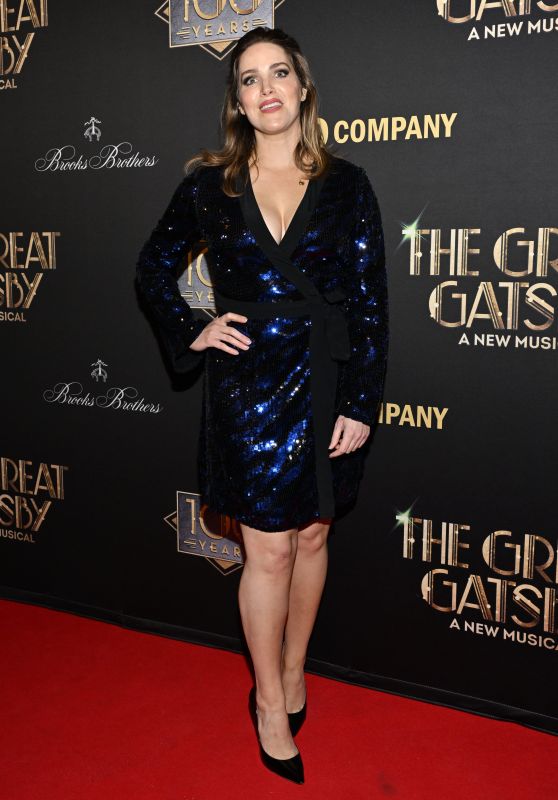

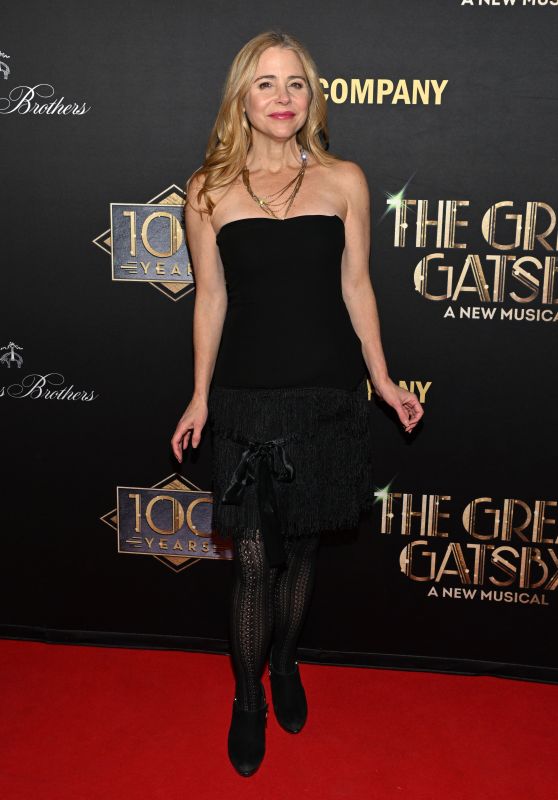
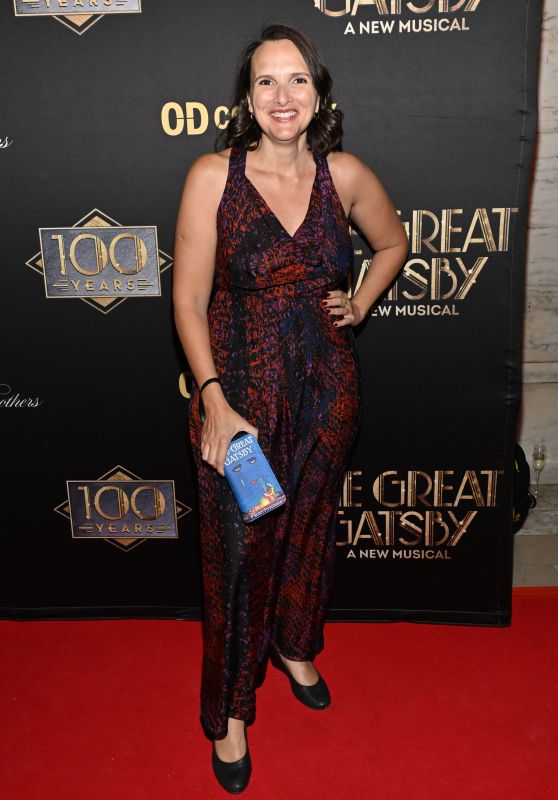
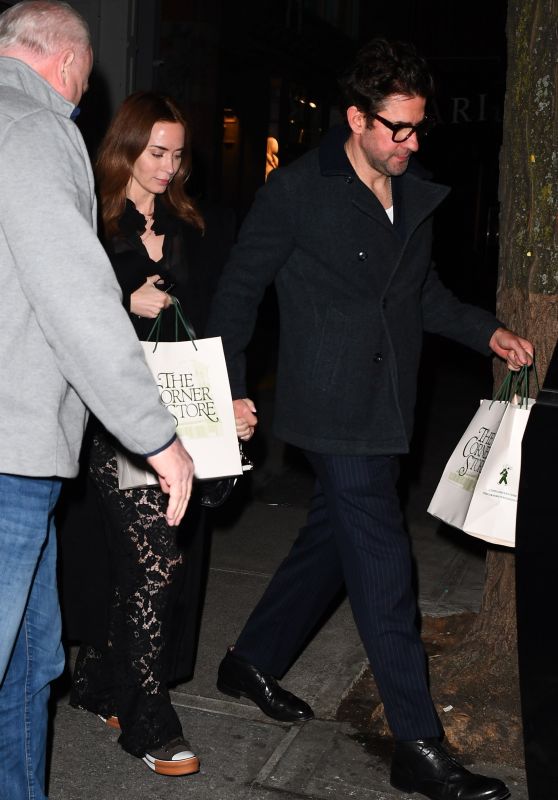

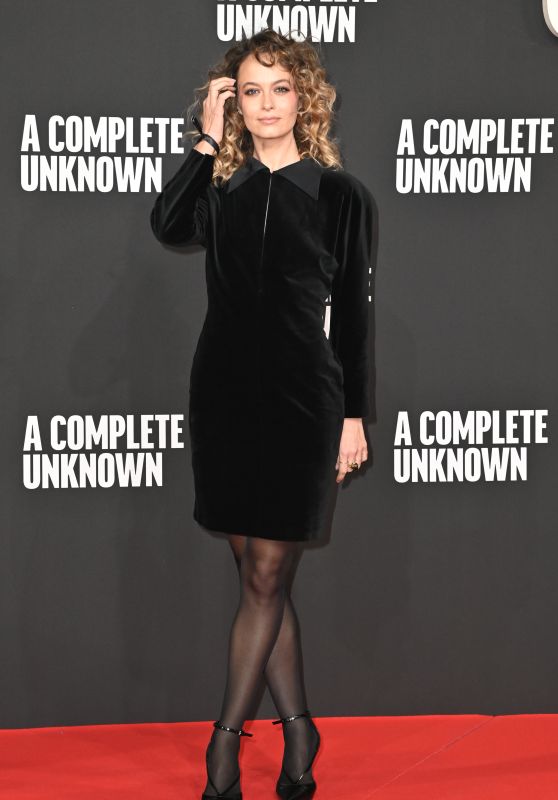
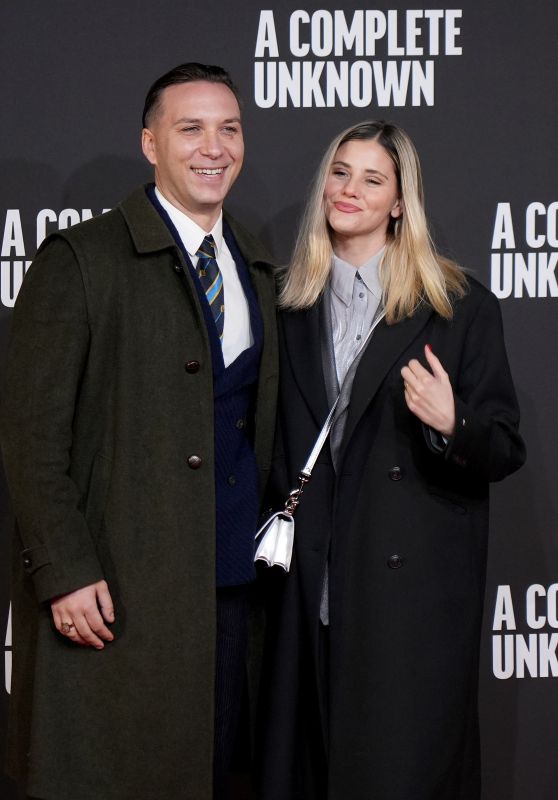








 English (US) ·
English (US) ·